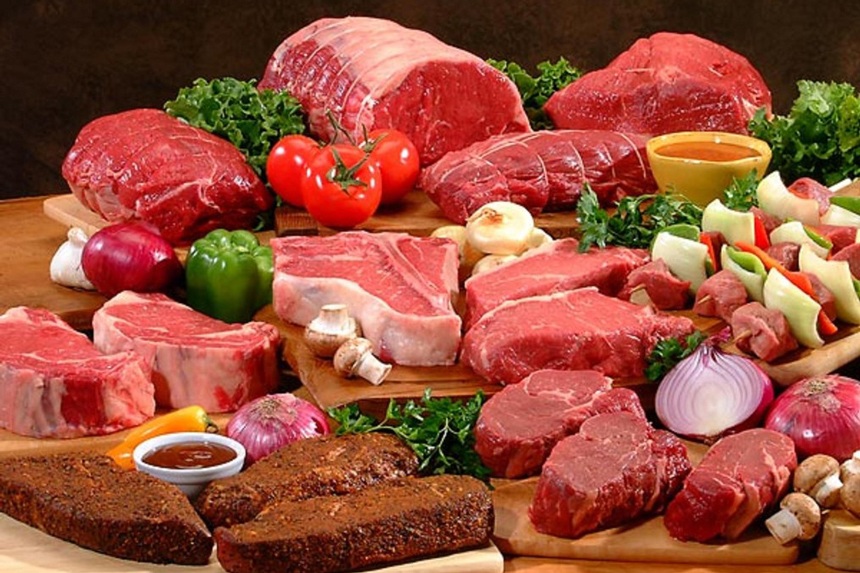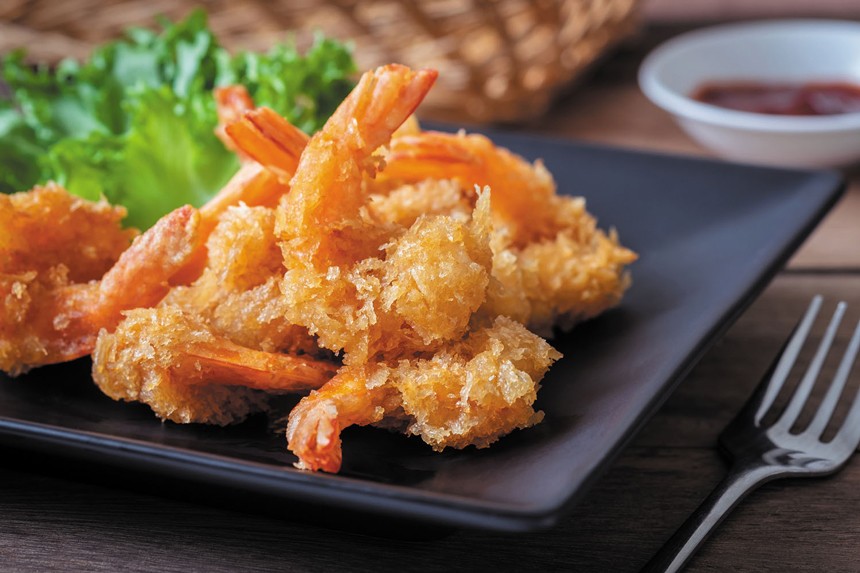Red Meat

A diet high in red and processed meats has been linked to an increased risk of developing diverticulitis, according to a 2018 research article. Red meat, often high in fat and harder to digest, can contribute to the inflammation of the diverticula. Conversely, a diet rich in fruits, vegetables, and whole grains may help decrease the risk of diverticulitis.
For those looking to maintain good digestive health, especially with diverticulitis, reducing red meat intake in favor of leaner proteins and plant-based options can be beneficial. Not only does this dietary adjustment help manage diverticulitis, but it also aligns with recommendations for heart health and overall well-being. [4]
Fried Foods

Fried foods, synonymous with the Western diet’s penchant for high-fat and low-fiber meals, are best avoided for those managing diverticulitis. Their high-fat content can increase the strain on the digestive system, potentially worsening the symptoms of diverticulitis. The frying process can also alter food in ways that make it more difficult to digest, contributing to discomfort and exacerbating the condition.
Opting for baked or grilled alternatives can help those with diverticulitis enjoy their favorite foods without the added digestive strain. This approach aligns with broader dietary recommendations for a healthier digestive system and overall health. [5]





